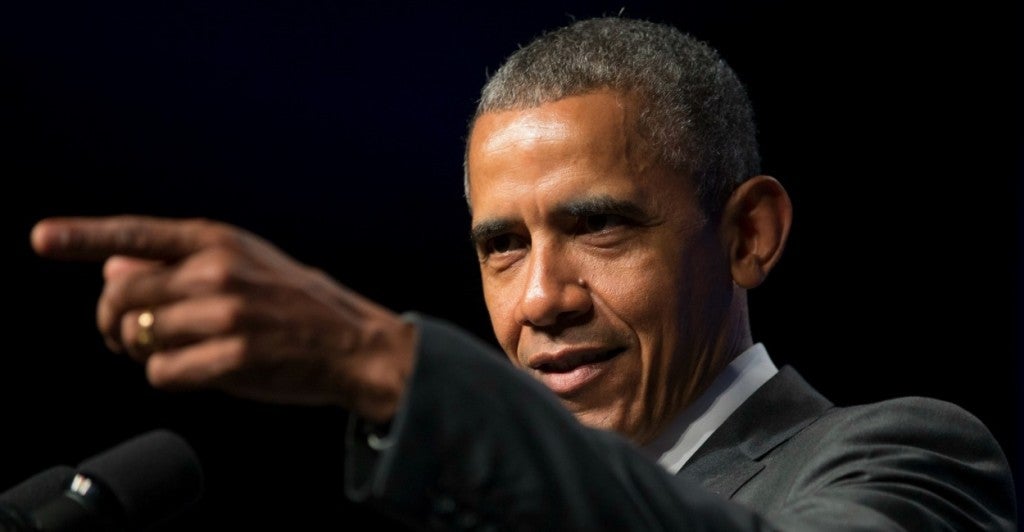A so-called Cadillac tax imposed by the Affordable Care Act could cost Lincoln taxpayers about $700,000 annually.
Lincoln employs 1,978 people and insures 3,634 (including dependants) with a variety of health insurance plans, some of which are entirely too generous in the eyes of the federal government.
Obamacare defines “too generous” as any health insurance plan with premiums over $10,200 for individuals and $27,500 for families. So barring any changes to the ACA, the city will begin paying a 40-percent tax on every dollar of premiums exceeding those thresholds, beginning in 2018.
Early projections peg the cost at around $700,000, according to Finance Director Steve Hubka, although city officials believe that the provision may be repealed or the thresholds adjusted upward.
It’s not clear whether some of the city’s health insurance plans will be taxed, he said.
Omaha’s finance director, Stephen Curtiss, said city officials are still analyzing whether its plans will trigger the tax and haven’t come to any conclusions yet. The state of Nebraska isn’t sure yet, either.
While much of the focus on the Cadillac tax has been on the impact on private employers, public institutions such as cities, states, and schools will pay the piper in huge numbers.
The Cadillac tax is expected to generate $80 billion over 10 years and could translate into $76 billion in local taxes over that decade, according to the Congressional Budget Office.
Public plans are generally quite bountiful—with taxpayers picking up much of the tab—the result of years of negotiations by unions. Last year, government plans cost nearly 18 percent more than non-public plans, and public employees paid 45 percent less than non-public employees, according to a survey by United Benefit Advisors.
Cities and states faced with the tax may reduce employees’ benefits, pass the cost of the tax onto taxpayers, or try to get their employees to pick up more of the costs, with higher deductibles and co-pays. Indeed, Hubka said some of Lincoln’s plans have already changed, saving money, during recent labor negotiations, and more changes will likely be on the table in upcoming negotiations.
But Nebraska cities are constrained by state law in what they can do to change benefits, because public employees’ health care contributions must be comparable to an array of other cities. The Nebraska Supreme Court has said cities cannot change benefit levels (such as co-pays and deductibles) outside negotiations with unions.
“So we have limitations on what we can do to control our costs of the benefits provided and thus our ability to avoid the excise tax as the law is now written,” Hubka said.
Originally published in Watchdog.org.
